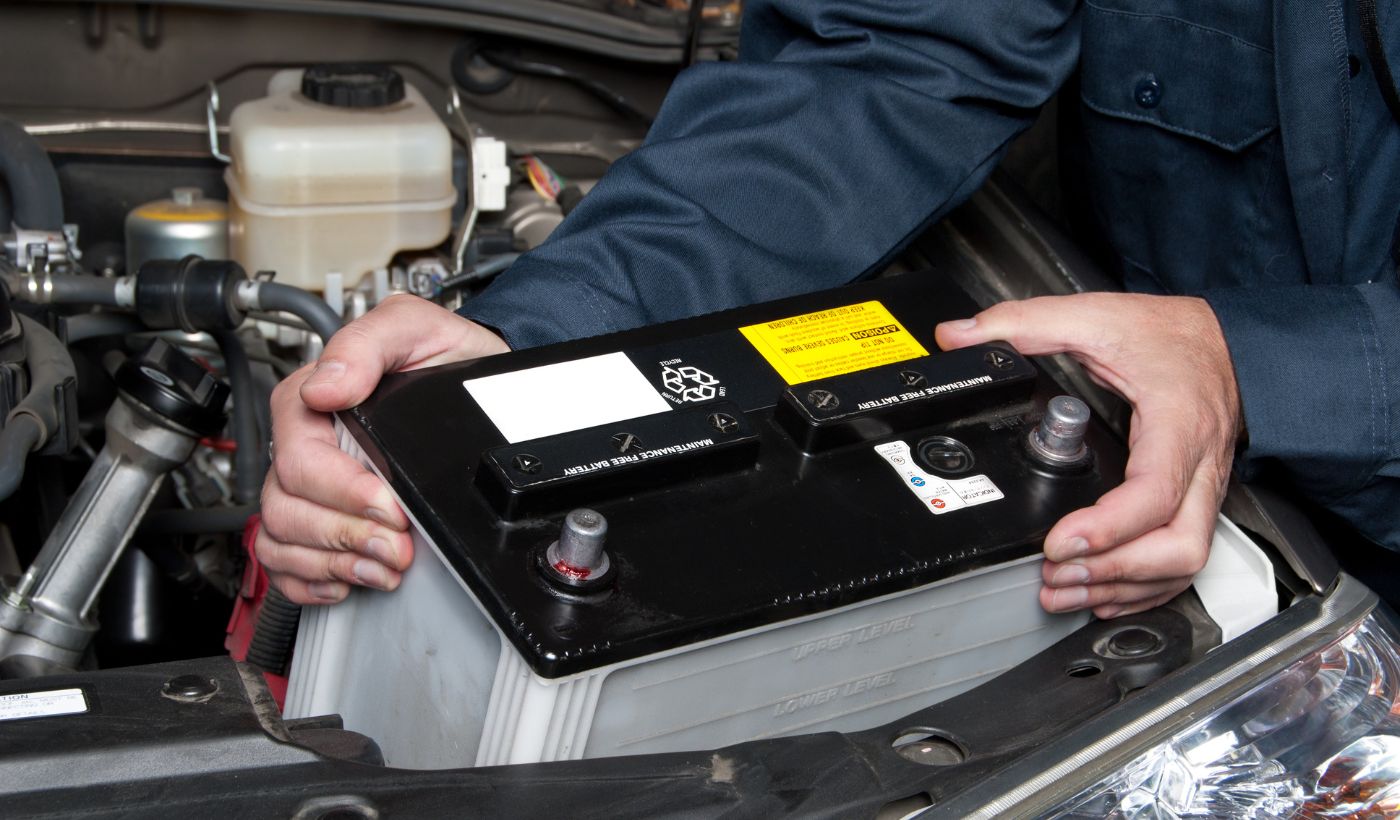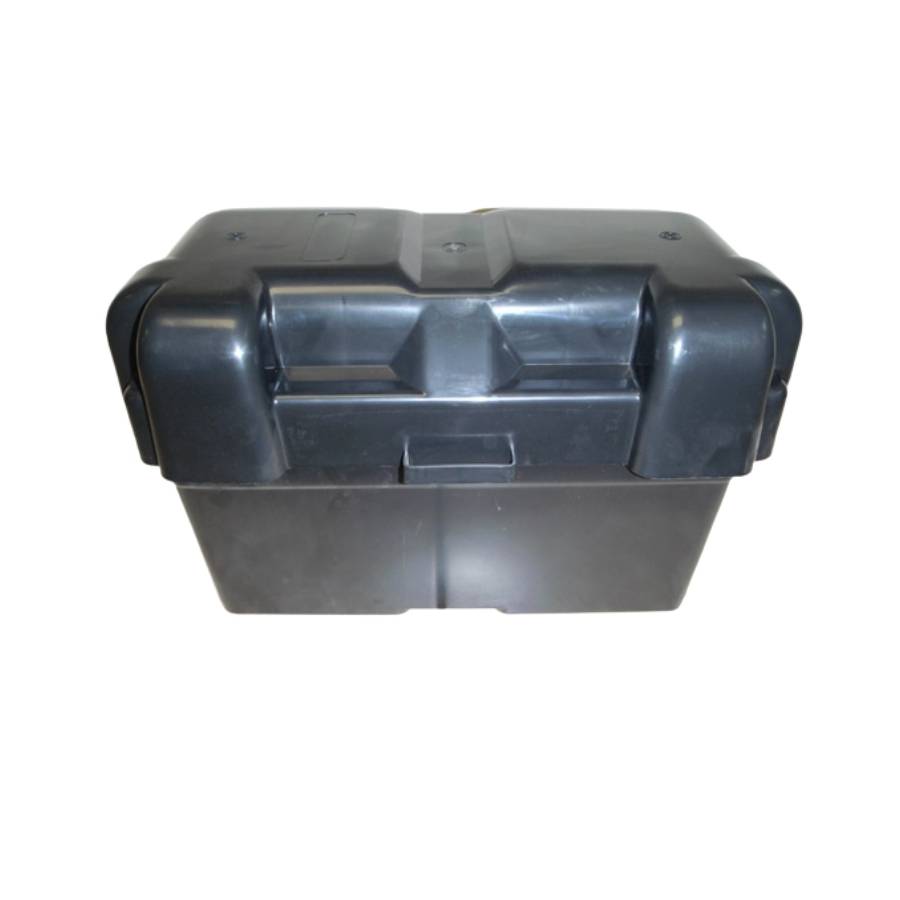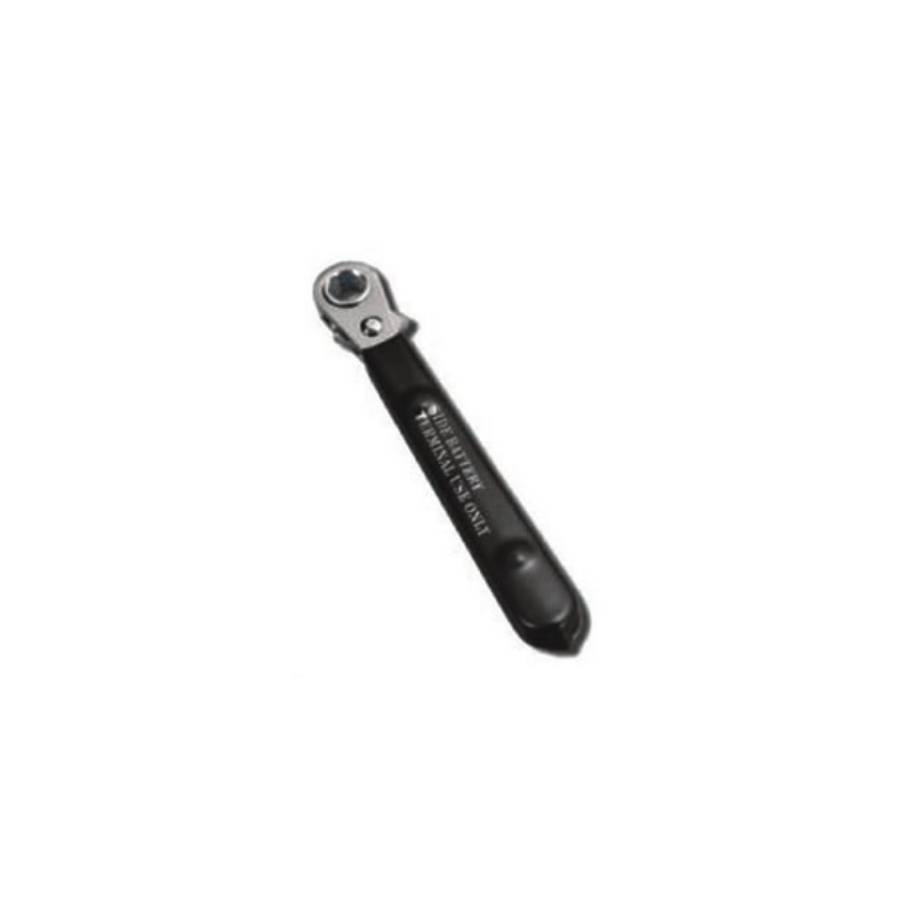
Unlocking the Environmental and Economic Benefits of Responsible Battery Recycling
Recycling batteries is not just about responsibly disposing of waste—it’s about protecting the environment, conserving resources, and contributing to a sustainable future. Whether it’s a car battery, golf cart battery, industrial battery, marine battery, or solar battery, recycling offers numerous benefits for businesses, individuals, and the planet. Here’s why recycling these types of batteries is so important:
1. Environmental Protection
Batteries contain toxic materials such as lead, mercury, and cadmium that can be harmful if they end up in landfills or waterways. Recycling helps prevent these hazardous substances from contaminating soil and water, safeguarding ecosystems and communities. Proper battery recycling ensures that dangerous chemicals are processed safely, minimizing environmental damage.
2. Resource Conservation
Car, golf cart, industrial, marine, and solar batteries contain valuable metals like lead, lithium, and nickel that can be recovered and reused. Recycling reduces the need for new raw materials, which in turn conserves energy and resources required for mining and manufacturing. By recycling, we help preserve finite natural resources and reduce the carbon footprint associated with battery production.
3. Economic Benefits
Recycling batteries offers financial benefits to both businesses and individuals. By recycling old batteries, you can receive compensation or credits towards new purchases. Businesses can save on disposal fees, and in many cases, even generate revenue from the recycled materials. Additionally, using recycled metals helps reduce manufacturing costs, which can lower prices for consumers.
4. Compliance with Regulations
Many regions have strict regulations on the disposal of batteries due to the hazardous materials they contain. Recycling ensures you remain compliant with environmental laws and regulations, avoiding fines and penalties. By partnering with a certified battery recycling program, you ensure your business meets all environmental and safety standards.
5. Energy Savings
The process of recycling batteries uses significantly less energy than manufacturing new batteries from raw materials. This energy savings translates into a reduced environmental impact, helping to fight climate change and lower greenhouse gas emissions. Recycling batteries, especially solar and industrial ones, can have a large-scale positive impact on energy consumption.
6. Supporting the Circular Economy
Recycling contributes to a circular economy by turning old batteries into valuable resources for the future. Car, marine, and solar battery recycling creates a continuous loop of reuse, reducing the demand for new materials and promoting sustainability. This helps industries become more self-sufficient and environmentally responsible.
Types of Batteries We Recycle
Car Batteries: Automotive batteries, primarily lead-acid, are 99% recyclable. We ensure that the lead and plastic are recovered for future use.
Golf Cart Batteries: These deep-cycle batteries, commonly used in golf carts, can be reused in various applications after recycling.
Industrial Batteries: Industrial batteries, used in heavy machinery and equipment, contain materials that can be recovered and repurposed, making them ideal for recycling.
Marine Batteries: Used for powering boats and other marine vessels, these batteries can be recycled to extract valuable metals and prevent pollution.
Solar Batteries: Solar energy storage batteries contain materials like lithium that are essential for renewable energy systems. Recycling these helps sustain the growing renewable energy industry.
Make the Sustainable Choice
By recycling your car, golf cart, industrial, marine, or solar batteries, you’re contributing to a cleaner, healthier environment and supporting a sustainable economy. Join us in making a difference—recycle your batteries today and help protect our planet for future generations.








